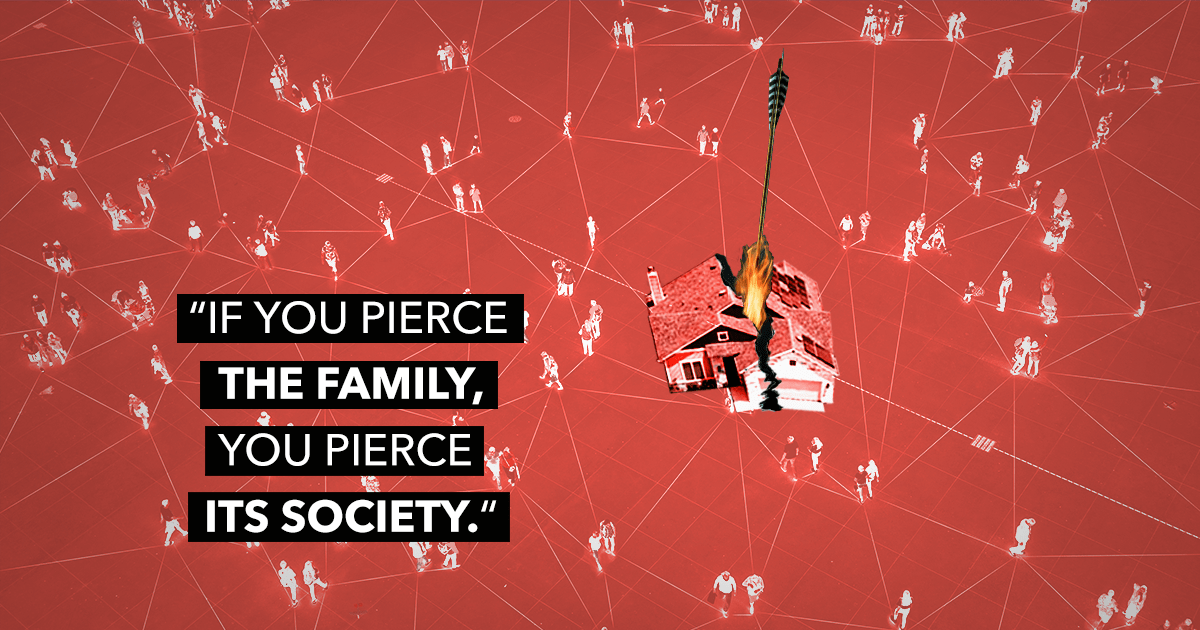To be a Christian means to forgive the inexcusable, because God has forgiven the inexcusable in you.
– C.S. Lewis
In Part 1 of The Healing Power of Forgiveness, we talked about what forgiveness is—and what it is not. In this post, we’ll talk about the practical “how to” of forgiving someone who has hurt or wronged you.
Are you feeling bound up in bitterness, anger, or resentment because someone has hurt you? Hard as it is, maybe it’s time to release your vice grip hold on those emotions and forgive him or her. And in doing so, you will find freedom and peace.
Sounds good, but forgiving someone is not always easy.
How do you go from a place where you feel someone is emotionally indebted to you—and they owe you big time—to a place you can release and forgive?
In my book, When Love Ends and the Ice Cream Carton Is Empty I share four essential steps for forgiving someone who has hurt you:
• Acknowledge you have been hurt.
• Receive God’s forgiveness.
• Choose to forgive.
• Release to God in prayer—and forgive.
First, acknowledge you have been hurt. For some people this is obvious. You know you have been wounded with words or actions, and it is clear to you. Others may have a harder time recognizing or admitting anything happened
While you may have been offended, that does not mean you have to hold on to the offense. In this life we will be hurt or offended many times; that is a given. However, we have the choice of how we respond to the wrongdoing.
Second, receive God’s forgiveness. After you acknowledge that you have been hurt, it is helpful to examine your own life. The more we learn to see the true condition of our own heart we can find the freedom forgiveness offers in our own lives and begin to see more clearly the importance of forgiving others.
Matthew 7:3 says, "Why do you look at the speck of sawdust in your brother's eye and pay no attention to the plank in your own eye? Get forgiveness in your own life, and then you will be able to forgive others.”
Henri Nouwen once said, “Receiving forgiveness requires a total willingness to let God be God and do all the healing, restoring, and renewing.”
With our loving God, we can humbly and boldly come to Him and ask for forgiveness every time we need it. We can come with a repentant heart to God and He is always faithful to forgive. “If we confess our sins, he is faithful and just and will forgive us our sins and purify us from all unrighteousness.” (1 John 1:9)
Thirdly, choose to forgive. Sometimes we are wrong and we need forgiveness, and other times we are wronged; someone has hurt us. When they do, Christ wants us to forgive them. But before we can get to that place of release and forgiveness, we often wrestle with the decision.
We want the other person to “get it,” to understand how much he has hurt us. We may want him to pay or be punished for what he’s done. The flesh (the human side of us) and the spirit part of us grapple with why we should forgive.
We may have myriad reasons to be hurt or angry, and a part of us is hesitant to readily forgive. But our perspective changes when we realize what God has done for us. And in the light of the mercy He’s shown us, we can extend the hand of forgiveness to others.
To be sure, forgiveness does not always come easily. We want the scales of justice to be balanced; we want things to be fair. Yet, when we came to God asking Him for mercy despite our unwise and selfish ways, we were more than okay with the scales tipping in our favor.
Because He has first forgiven us, Christ commands us to forgive. And in an act of loving obedience to the One who loves us most we can follow Ephesians 4:31, 32, “Get rid of all bitterness, rage and anger, brawling and slander, along with every form of malice. Be kind and compassionate to one another, forgiving each other, just as in Christ God forgave you.”
Finally, release and forgive. One helpful way to prepare your heart to forgive someone is to pretend they are sitting in a chair next to yours. You say whatever you want to say, and speak freely because no one else is listening. The power of release comes as you let loose and vent with words, tears, or both. Even though that person is not there to hear it, speaking aloud releases the pain inside you. Just as you take the garbage out of your house, you can get the emotional garbage out of yourself.
Then, release the person who’s wronged you and what they have done in prayer. You can talk to God about it and say something like, “Lord, I come before you and I thank you that You know all things. You know what happened in this relationship. Right now I bring before you (say the person’s name) and all the hurt and pain he (or she) has caused me. In my own strength I cannot let go, but I ask for the power of the Holy Spirit to help me release and forgive. Blow a fresh wind in my life and release the resentment, bitterness, and feelings of offense. Help me to forgive because you have forgiven me. In Jesus’ name. Amen.”
The thing about forgiveness is that it doesn’t always lead to reconciliation. It can, but the result may not always be wise or safe. Forgiveness doesn’t mean we have to have a relationship with the other person or allow him or her to treat us poorly. Use discernment to guard your heart.
A person who has been forgiven much and who chooses to forgive others has a freed heart. No longer tethered to the pain, he or she is more at peace and has a lighter heart.
Maybe it’s time to say goodbye to the pain of the past in your life. With God’s help—and His amazing grace and mercy—you can forgive, release, and find joy again.












